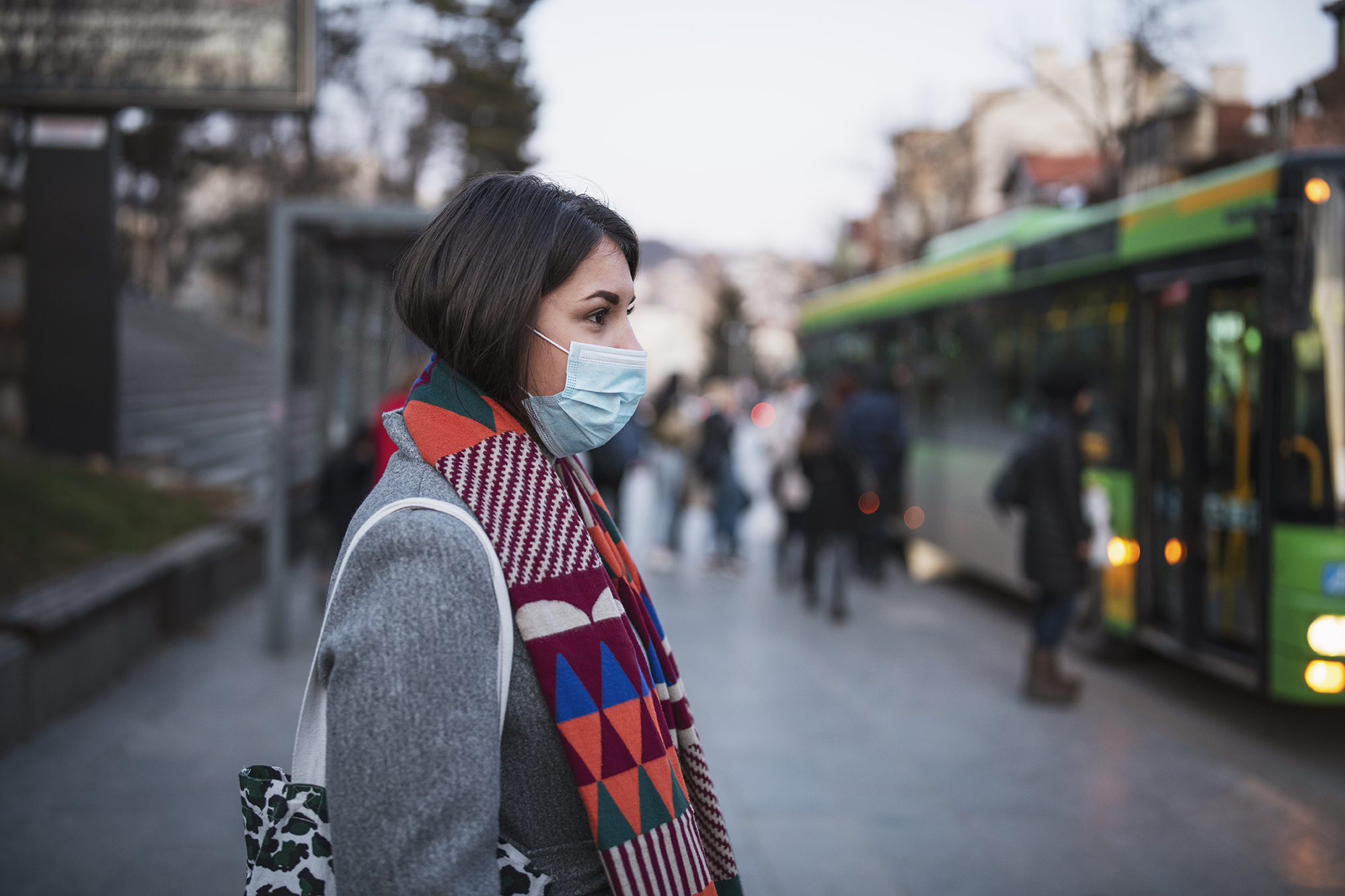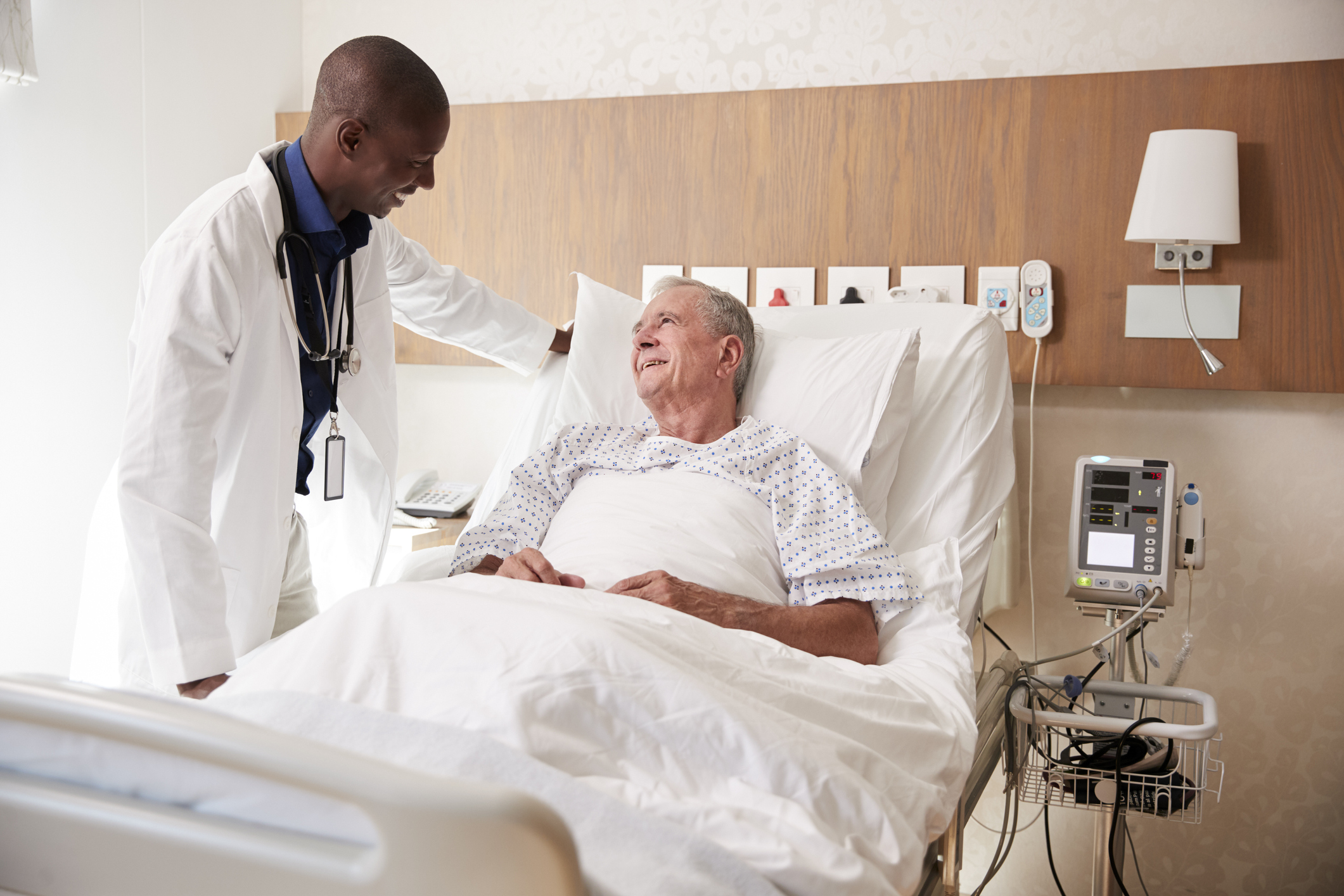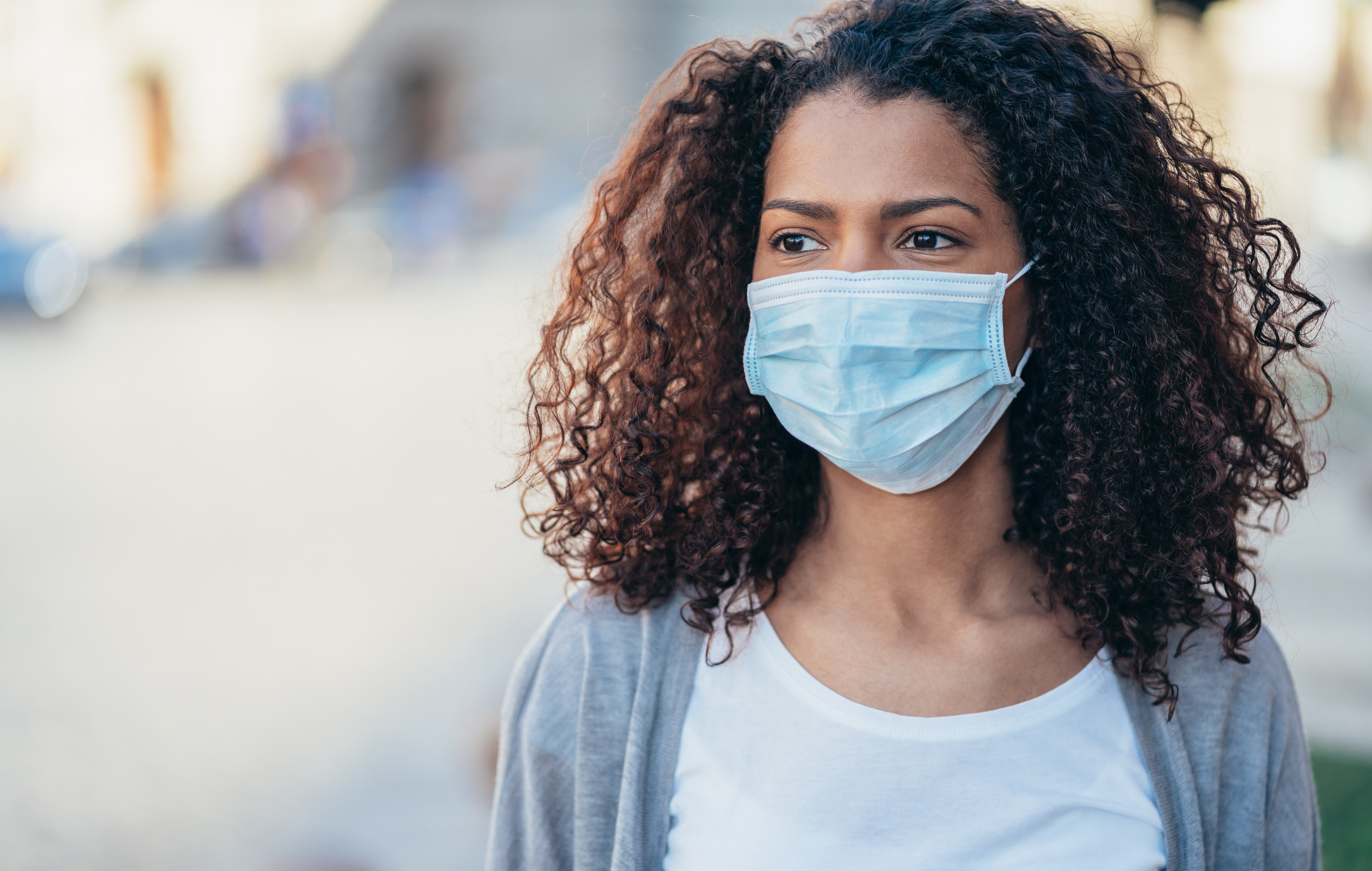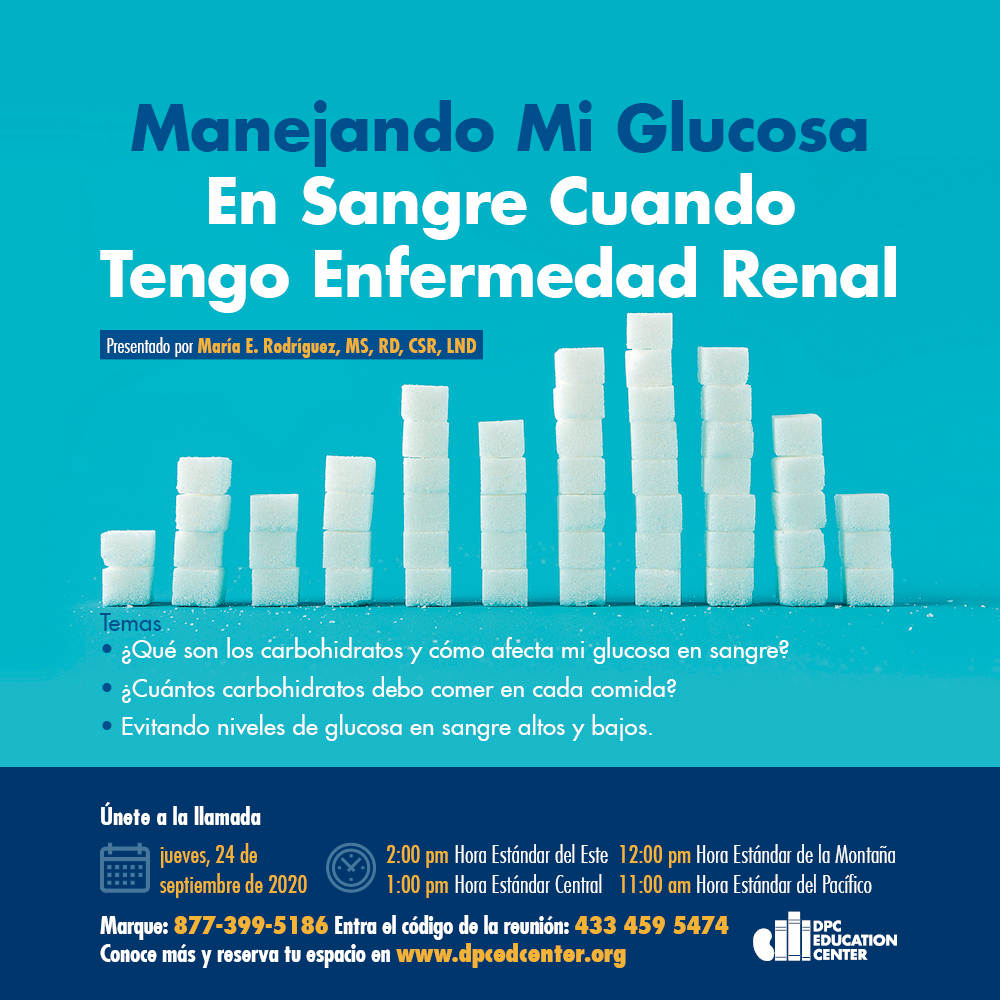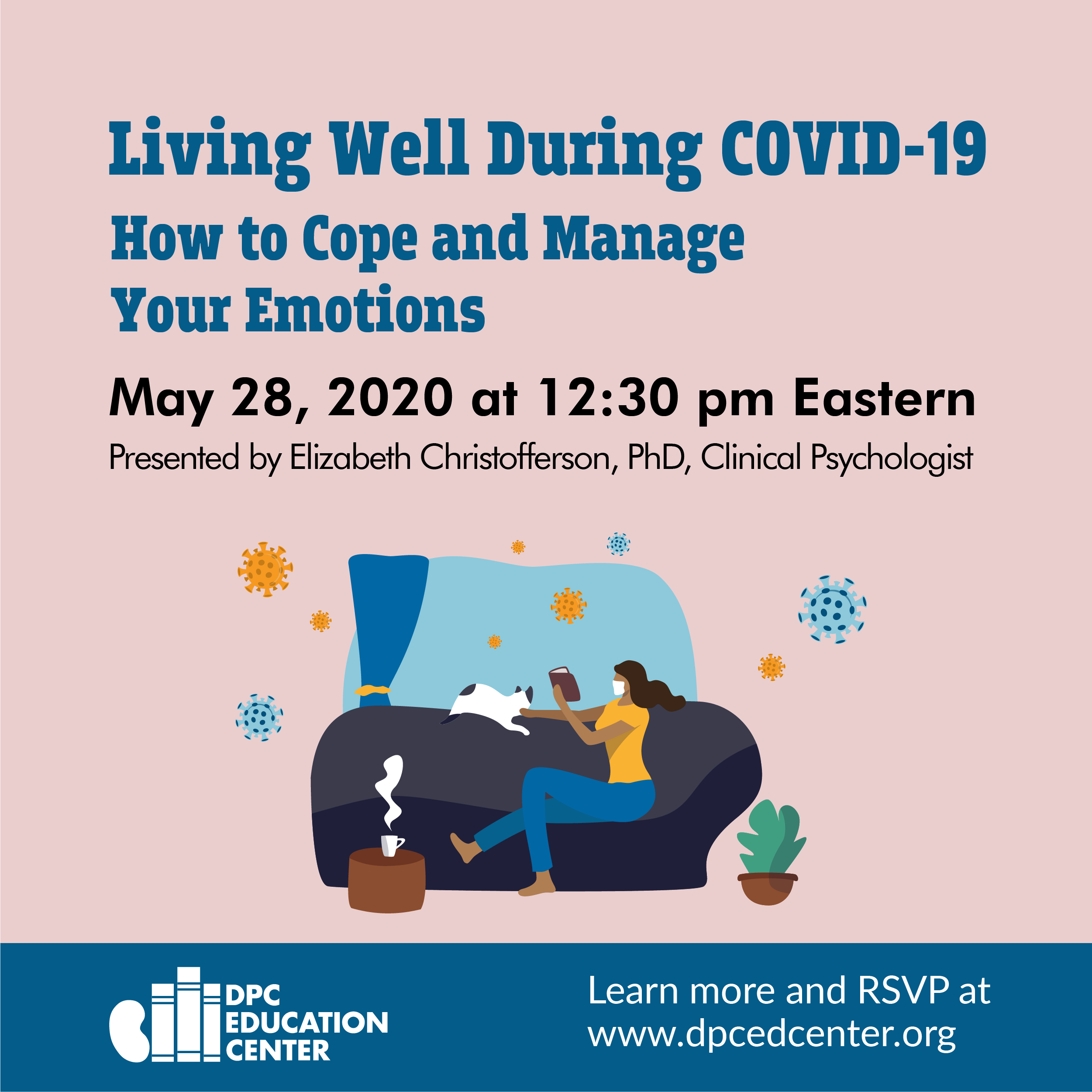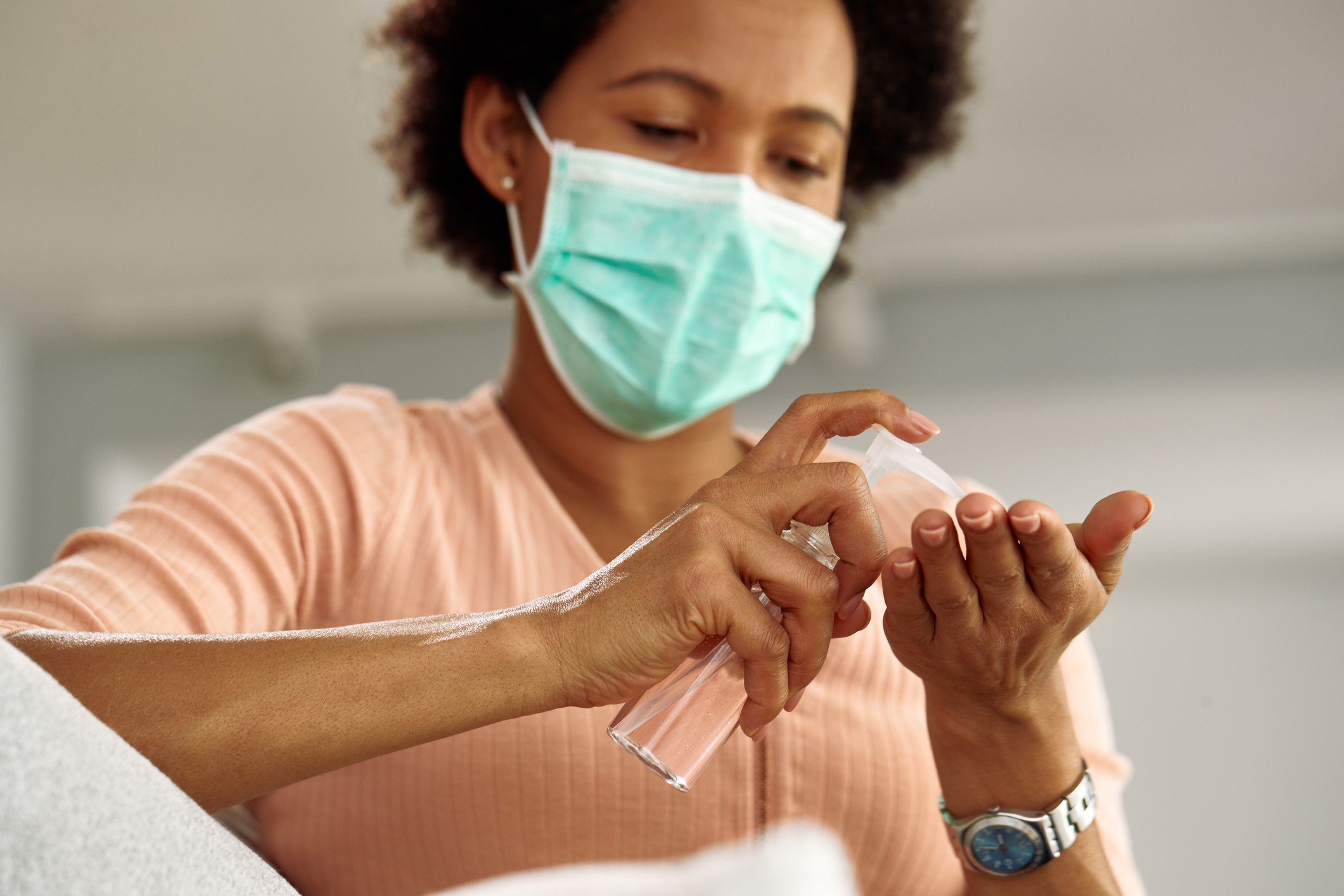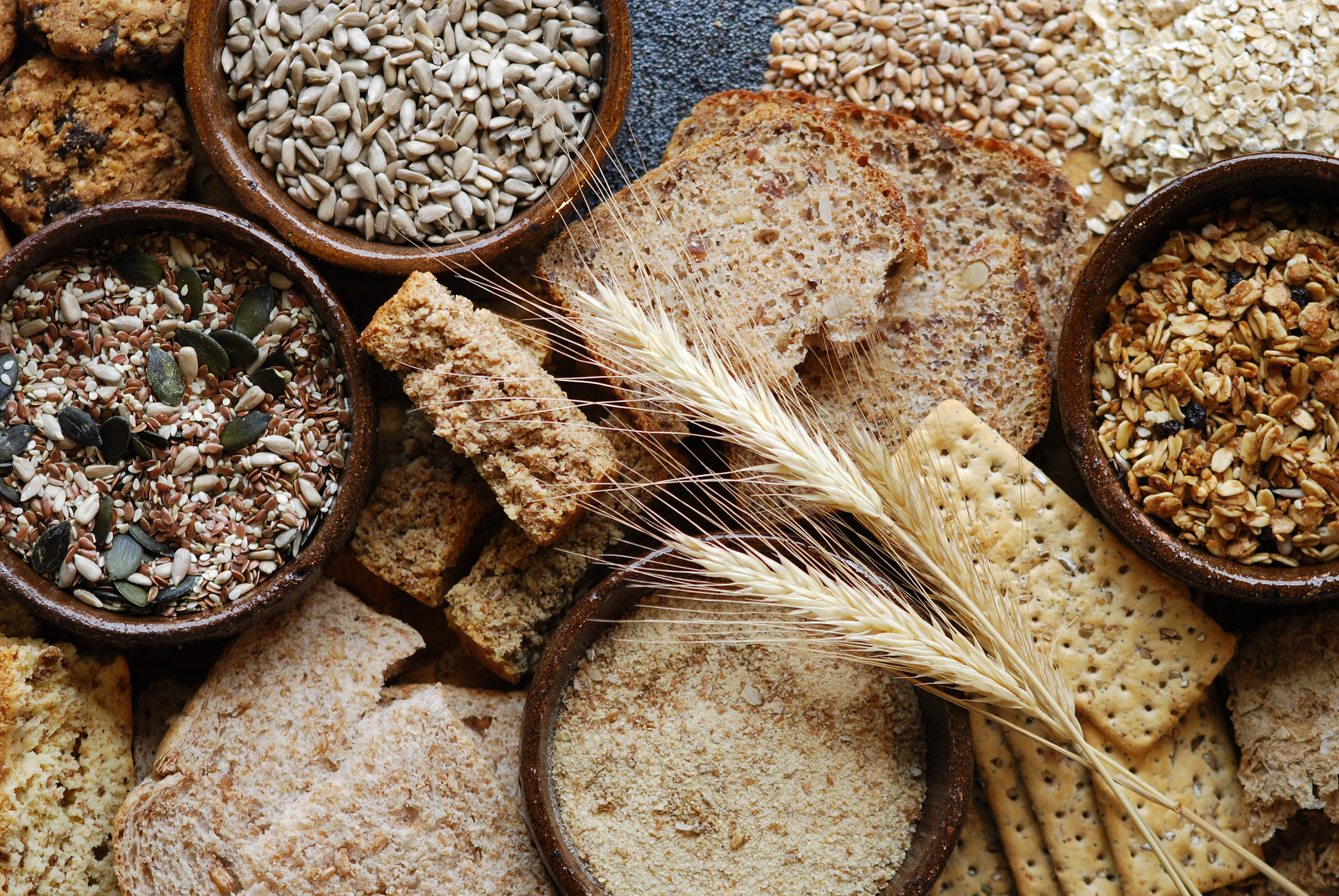The “How To’s” to Building a Top-Notch Immune System with Physical Activity and Nutrition
By Collette Powers, MA, RDN, LDN, ACSM EP The year 2020 has proven to be a challenging year. Not only have many had to fight COVID-19 head-on, but millions have experienced the repercussions of the pandemic such as job loss, increased anxiety and stress, food insecurity, and social isolation to name a few. As our nation continues to fight this fight, we now have to consider and prepare for other illnesses commonly seen around this time of year such as upper respiratory infections (also known as the common cold), influenza (flu) and pneumonia. With fall here and winter around the [...]


